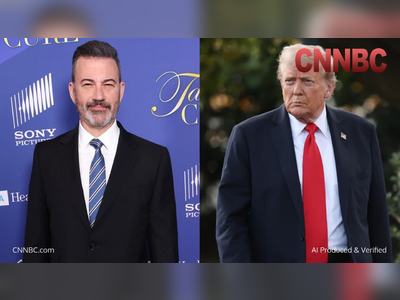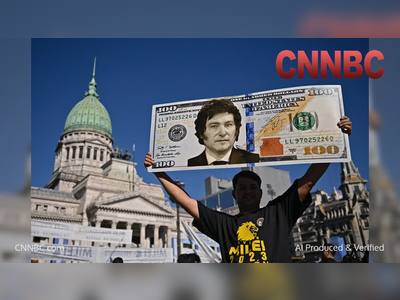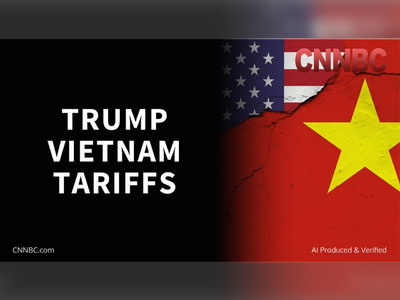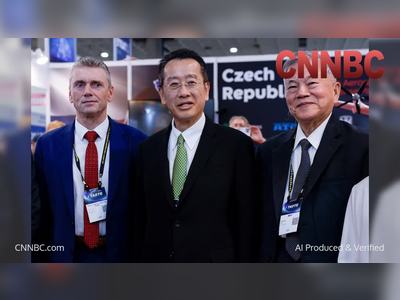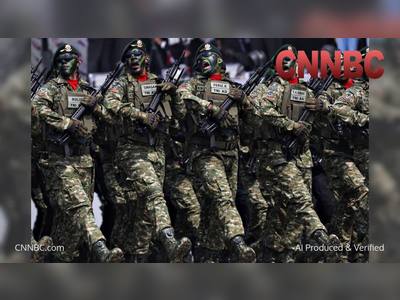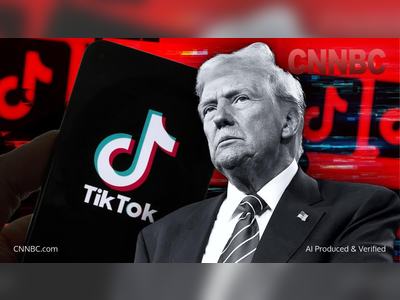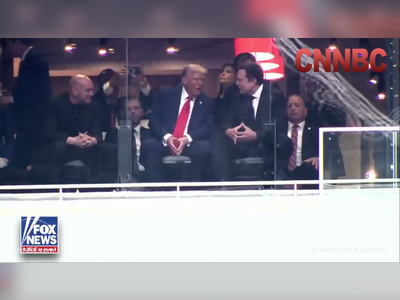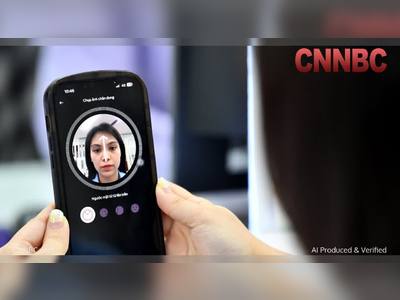President Lee Warns U.S. Demands Could Push South Korea Toward Financial Crisis
Lee Jae Myung says $350 billion investment deal with the U.S. risks 1997-style collapse unless safeguards like currency swaps are included
President Lee Jae Myung of South Korea has raised alarms that current U.S. demands in trade negotiations could spark a financial crisis similar to its 1997 meltdown unless critical safeguards are implemented.
He told Reuters that if Seoul is forced to send $350 billion in investment abroad — as the U.S. is demanding — without a currency swap in place, the won would face severe instability.
Earlier in July, South Korea and the United States agreed in principle on a framework deal: the U.S. would lower certain tariffs on Korean products in return for Seoul committing to significant investment abroad.
However, the agreement has not yet been formalized, as both sides are still negotiating how the investment will be structured.
A central concern for Seoul is how much of the investment must be direct cash flow into U.S. projects versus loans or other financial tools.
Lee has said that without an “unlimited” or sufficient currency swap line, sudden outflows of capital could severely damage Korea’s foreign exchange stability.
Another point of tension is a recent U.S. immigration raid targeting hundreds of South Korean workers at a Hyundai battery plant in Georgia.
Lee said the raid may deter future investment by South Korean firms in the United States, citing fears over visa policies and treatment of overseas labor.
Negotiations are ongoing, with trade envoys from both countries working on details including profitability, commercial viability, and protection for Korea’s economic sovereignty.
The outcome will be watched closely — both for South Korea’s financial health and its ability to maintain its national interests in U.S.-led trade deals.
He told Reuters that if Seoul is forced to send $350 billion in investment abroad — as the U.S. is demanding — without a currency swap in place, the won would face severe instability.
Earlier in July, South Korea and the United States agreed in principle on a framework deal: the U.S. would lower certain tariffs on Korean products in return for Seoul committing to significant investment abroad.
However, the agreement has not yet been formalized, as both sides are still negotiating how the investment will be structured.
A central concern for Seoul is how much of the investment must be direct cash flow into U.S. projects versus loans or other financial tools.
Lee has said that without an “unlimited” or sufficient currency swap line, sudden outflows of capital could severely damage Korea’s foreign exchange stability.
Another point of tension is a recent U.S. immigration raid targeting hundreds of South Korean workers at a Hyundai battery plant in Georgia.
Lee said the raid may deter future investment by South Korean firms in the United States, citing fears over visa policies and treatment of overseas labor.
Negotiations are ongoing, with trade envoys from both countries working on details including profitability, commercial viability, and protection for Korea’s economic sovereignty.
The outcome will be watched closely — both for South Korea’s financial health and its ability to maintain its national interests in U.S.-led trade deals.

